Understanding and promoting healthy aging is a global imperative but there is currently no consensus on how human healthy aging can or should be measured. This Nature Forum, part of the 3rd annual Healthy Longevity Symposium, aims to help address this gap by featuring some of the latest research advances on the topic, and by fostering consensus-building and forward-looking discussions at the edge of the field. The themes discussed will include measuring body and organ function as we age, how to transition the clinical management of midlife and older adults beyond disease and toward the promotion and maintenance of functional capacities, how to measure aging and its trajectories at the biological level using multi-dimensional datasets, and how to leverage technology, digital systems and artificial intelligence to better understand and track aging. How these research advances inform public health, impact our societies and influence policy-making will also be addressed at the event.
Event details
Speakers

John Beard
Irene Diamond Professor and Director
International Longevity Center, Columbia University, New York, USA

Jamie Justice
Adjunct Professor in Internal Medicine Section on Gerontology and Geriatric Medicine
Wake Forest University School of Medicine, North Carolina, USA
Dr. Jamie Justice is the Executive Vice President Health Domain and Executive Director of the $101M Healthspan Prize at the nonprofit XPRIZE Foundation, and Adjunct Professor in Internal Medicine at Wake Forest University School of Medicine (WFUSM). Jamie completed graduate and postdoc training at University of Colorado Boulder before joining faculty at WFUSM. Jamie’s scientific work is dedicated to geroscience, an emerging field that seeks to change the way we think about and treat aging, by looking at the biologic root to proactively reduce the incidence of multiple age-related diseases, functional decline, and disability. She was the recipient of the Jarrahi Research Scholars Fund in Geroscience Innovation, the Vincent Cristofalo Rising Star in Aging Research, and the 2022 NIA Nathan W Shock Awardee.
Dr. Justice’s leadership at XPRIZE uses a competition model to drive capital to innovation and catalyze transformative solutions to optimize health for all, advance personalized approaches, and ignite breakthroughs in biotechnology and biomedicine. She leads the $101M XPRIZE Healthpsan global competition to incentivize teams from around the world to develop and demonstrate innovative therapeutic solutions that make healthy human aging possible. Dr. Justice also leads the design and development of future prizes for breakthroughs in health, including a new in-design program to improve ovarian function and support women’s health across the lifespan.
XPRIZE Website. http://www.xprize.org
- Social Media Handles: @XPRIZE
- LinkedIn: @j_n_justice
- Twitter: @jamie-justice-ph-d-6b933146
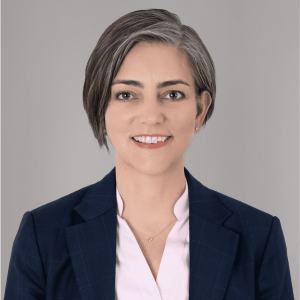
Nicole Sirotin
Chief Executive Officer
Institute for Healthier Living, Abu Dhabi, UAE
Nicole Sirotin is the CEO of the Institute for Healthier Living Abu Dhabi. For the last 19 yrs, Dr. Nicole has been an academic physician leader building programs in lifestyle medicine and precision medicine including 10 years at Cleveland Clinic Abu Dhabi as Department Chair. She is also a Clinical Assistant Professor at the Cleveland Clinic Lerner College of Medicine and has taught at Weill Cornell Medical College and Albert Einstein College of Medicine
Dr. Sirotin’s work in Lifestyle Medicine is transformative, combining a unique approach within the UAE by applying the principles of precision medicine with personalized scientific lifestyle strategies to help patients prevent and reverse diseases. One of her most significant achievements is the creation of and implementation of a groundbreaking Lifestyle Medicine program within the CCAD Cancer Center. This program ensures that every cancer patient receives precise treatment aimed at reducing side effects, minimizing recurrence, and improving overall survival rates.
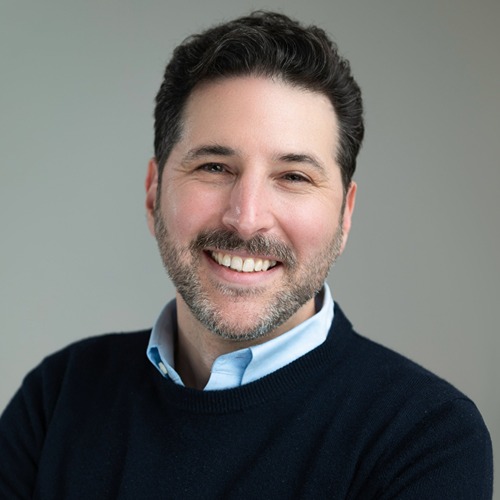
Dan Belsky
Associate Professor of Epidemiology
Mailman School of Public Health, Columbia University, New York, USA
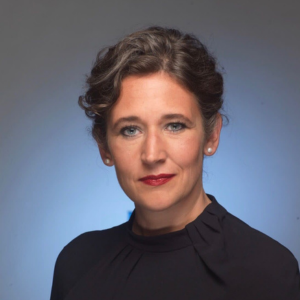
Andrea Maier
Professor of Medicine, NUS Academy for Healthy Longevity
National University of Singapore, Singapore
Andrea Maier (1978), a Fellow of the Royal Australasian College of Physicians (FRACP), graduated in Medicine (MD) 2003 from the University of Lübeck (Germany), was registered 2009 in The Netherlands as Specialist in Internal Medicine-Geriatrics and was appointed Full Professor of Gerontology at Vrije Universiteit Amsterdam (The Netherlands) in 2013. She was the head of Geriatrics at the Vrije Universiteit Medical Center from 2012 to 2016. From 2016 to early 2021 Professor Maier served as Divisional Director of Medicine and Community Care at the Royal Melbourne Hospital, Australia, and as Professor of Medicine and Aged Care at the University of Melbourne, Australia. Professor Maier’s research focuses on unraveling the mechanisms of ageing and age-related diseases. During the last 10 years she has conducted multiple international observational cohort studies and intervention trials and has published more than 350 peer-reviewed articles, achieving an H index of 63, spearheading the significant contributions of her highly acclaimed innovative, global, multidisciplinary @Age research group. She is a frequent guest on radio and television programs to disseminate aging research and an invited member of several international academic and health policy committees, including the WHO. She is the past president of The Australian and New Zealand Society for Sarcopenia and Frailty Research, the founding president of the Healthy Longevity Medicine Society and serves as selected Member of The Royal Holland Society of Sciences and Humanities.
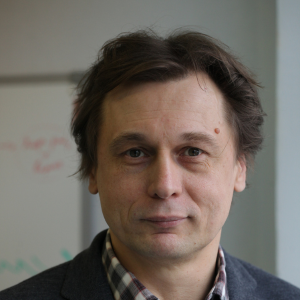
Vadim Gladyshev
Professor of Medicine and Director, Center for Redox Medicine
Brigham and Women's Hospital, Harvard Medical School, Massachusetts, USA
Vadim Gladyshev is Professor of Medicine at Brigham and Women’s Hospital, Harvard Medical School, and Associate Member at the Broad Institute. Dr. Gladyshev received his undergraduate (1988) and graduate (1992) degrees from Moscow State University, followed by postdoc training at NIH (1992-1997). Dr. Gladyshev was elected to AAAS, recognized as Redox Pioneer and received the Osborne and Mendel Award. In 2021, he was elected to the National Academy of Sciences. He is the recipient of NIH Pioneer, Transformative and Eureka awards to study aging. Dr. Gladyshev’s lab focuses on studying aging, rejuvenation and lifespan control using a combination of experimental and computational approaches. He has published more than 450 articles.
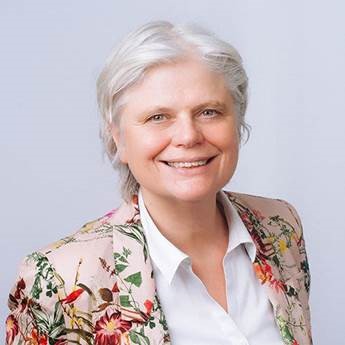
Cornelia van Duijn
Professor of Epidemiology
University of Oxford, Oxford, England
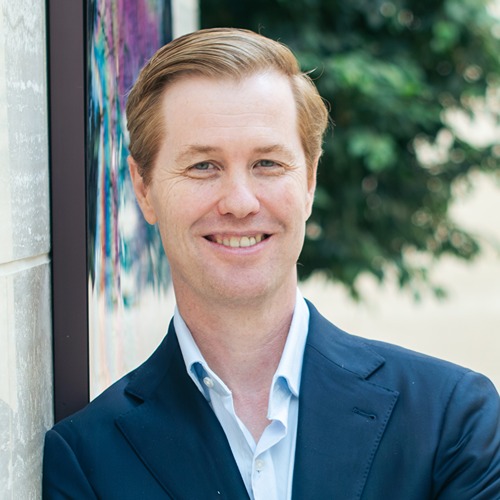
Nathan Price
Professor and Co-Director of the Center for Human Healthspan
Buck Institute for Research on Aging, California, USA
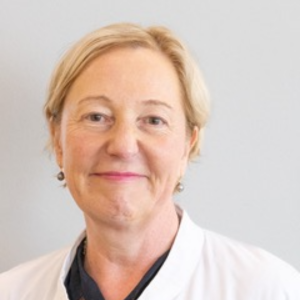
Heike Bischoff-Ferrari
Chair of Aging Medicine
University of Basel, Basel, Switzerland
Prof. Bischoff-Ferrari is Chair of Geriatric Medicine and Head of the Department of Acute Aging Medicine FELIX PLATTER at the University of Basel. She is a specialist in general internal medicine, geriatric medicine, and rehabilitation and holds a doctorate in public health from the Harvard School of Public Health.
Prof. Bischoff-Ferrari coordinates the Swiss Campus for Healthy Longevity at the University of Basel, which aims to ensure that new knowledge is made available to the population. The Swiss campus also brings together a global research network of leading aging researchers from 12 universities to investigate new molecular biomarkers of biological aging and new treatments to extend healthy life expectancy (Global Health Span Extension Consortium). Heike Bischoff-Ferrari is the principal investigator of DO-HEALTH & DO-HEALTH-BioAge, Europe's largest study on extending healthy life expectancy, and is an advisor to the WHO's Clinical Consortium on Healthy Aging and a board member of the international Academy of Health and Lifespan Research.
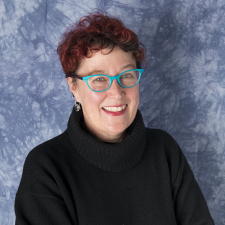
Terrie Moffitt
Nannerl O. Keohane University Professor of Psychology
Duke University, North Carolina, USA
Terrie E. Moffitt, Ph.D., is the Nannerl O. Keohane University Professor of Psychology at Duke University, and Professor of Social Development at King’s College London. Her expertise is in the areas of longitudinal methods, developmental theory, clinical mental health research, neuropsychology, and genomics in behavioral science. She is uncovering the consequences of a lifetime of mental and behavioral disorder on processes of aging.
She is the Associate Director of the Dunedin Longitudinal Study, which follows a 1972 birth cohort in New Zealand. She also co-founded the Environmental Risk Longitudinal Twin Study (E-Risk), which follows a 1994 birth cohort in the UK. Dr. Moffitt also is a licensed clinical psychologist, with specialization in neuropsychological assessment. She has a published record of collaboration with criminologists, economists, geneticists, epidemiologists, sociologists, demographers, gerontologists, statisticians, neuroscientists, medical scientists, even opthalmologists and dentists.
Dr. Moffitt’s work was recognized in 2018 by election to the National Academy of Medicine. She holds honorary doctorates from the Katholieke Universiteit Leuven, Belgium, and Universitat Basel, Switzerland. For her research, Dr. Moffitt has received both the American Psychological Association's Early Career Contribution Award and Distinguished Career Award. Dr. Moffitt was also awarded a Royal Society-Wolfson Merit Award, the Klaus-Grawe Prize, and was a recipient of the Stockholm Prize in Criminology, NARSAD Ruane Prize, the Klaus J. Jacobs Research Prize, and in 2022 the Grawemeyer Prize. Her service includes serving as chair of the Board on Behavioral, Cognitive, and Sensory Science at NASEM, Chair of the NIA Data Monitoring Committee for the Health and Retirement Study, and Chair of the Jury for the Klaus J. Jacobs Prize in Switzerland. She is a fellow of the British Academy, Academy of Medical Sciences (UK), Academia Europa, Association of Psychological Science, American Society of Criminology and the National Academy of Medicine.
Dr. Moffitt attended the University of North Carolina at Chapel Hill for her undergraduate degree in psychology. She continued her training in psychology at the University of Southern California, receiving an M.A. in experimental animal behavior, and a Ph.D. in clinical psychology. She also completed postdoctoral training in geriatrics and neuropsychology at the University of California, Los Angeles Neuropsychiatric Institute. In her spare time, she works on her poison-ivy farm in North Carolina.
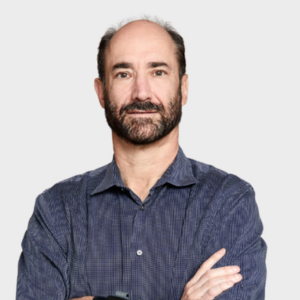
Michael Snyder
Professor of Genetics
Stanford University, California, USA
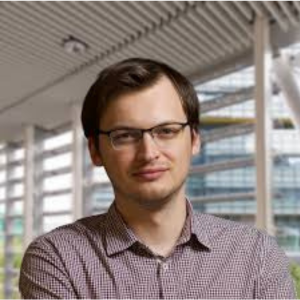
Alex Aliper
President
Insilico Medicine, Abu Dhabi, UAE
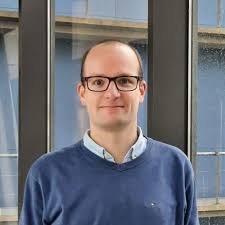
Joris Deelen
Associate Professor, Molecular Epidemiology
Leiden University Medical Center, Leiden, The Netherlands
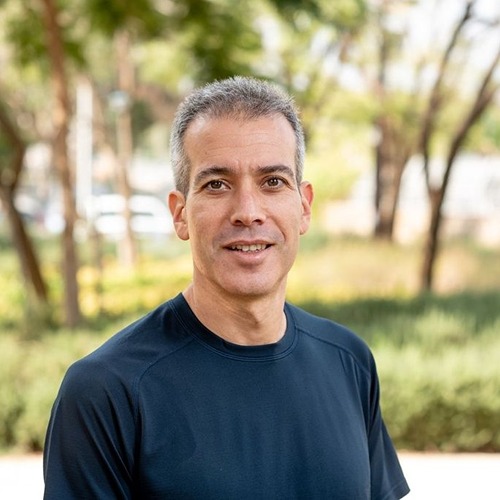
Eran Segal
Mohamed bin Zayed University of Artificial Intelligence and Weizmann Institute of Science
Eran Segal is a Professor at Mohamed Bin Zayed University of Artificial Intelligence and at the Weizmann Institute of Science, heading a lab with a multi-disciplinary team of computational biologists and experimental scientists in the area of Computational and Systems biology. His group has extensive experience in AI, machine learning, computational biology, and analysis of heterogeneous high-throughput genomic data. His research explores the links between the microbiome, nutrition, genetics, and other clinical, physiological, and multi-omic phenotypes on human health, aiming to develop personalized medicine by analyzing large-scale and deeply phenotyped human cohorts.
Prof. Segal published over 250 publications that were cited over 85,000 times (H-index: 115), and received several awards and honors for his work, including the Overton prize, awarded annually by the International Society for Bioinformatics (ICSB) to one scientist for outstanding accomplishments in computational biology, and the Michael Bruno award. He was also elected as an EMBO member and as a member of the young Israeli academy of science. During the COVID-19 pandemic, Prof. Segal developed models for analyzing the dynamics of the pandemic and served as a senior advisor to the government of Israel.
Before joining the Weizmann Institute, Prof. Segal held an independent research position at Rockefeller University, New York.
Education: Prof. Segal was awarded a B.Sc. in Computer Science summa cum laude in 1998, from Tel-Aviv University, and a Ph.D. in Computer Science and Genetics in 2004, from Stanford University.
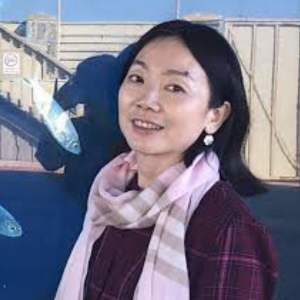
Jackie Han
Professor
College of Interdisciplinary Studies, Center for Quantitative Biology, Peking University, Beijing, China
Prof. Jing-Dong Jackie Han obtained Ph.D. degree from Albert Einstein College of Medicine. She had her postdoctoral training at The Rockefeller University and Dana-Farber Cancer Institute. In 2004, she became an investigator/professor at the Institute of Genetics and Developmental Biology, Chinese Academy of Sciences. In 2010-2019, she was a director of the CAS-Max Planck Partner Institute for Computational Biology. In 2019, she became Boya professor at Peking University. Her research focuses on the structure and dynamic inference of molecular networks,using a combination of large-scale experiments and computational analysis to explore the design principles of the networks and to find how the complex phenotypes, in particular aging and stem cell development are regulated through molecular networks.

